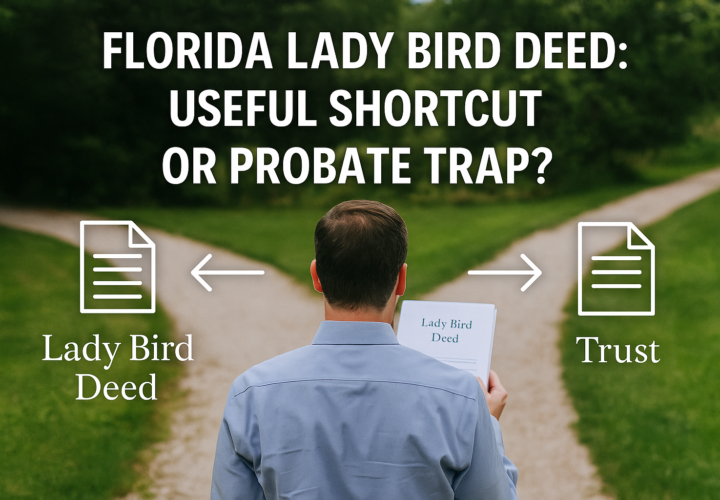Many Americans are against the so-called death tax (estate tax) as an unfair tax. But the reality is more than 99% of Americans benefit from the estate tax. If you are married and own less than $11 million worth of assets, or are single and own less than $5 1/2 million in assets*, you or your family will not pay any estate tax. However, all Americans get the benefit of a stepped up basis which is a part of the estate tax, and that means a huge savings in income taxes.
What is the stepped up basis?
Let’s say you inherit a house worth $250,000, and it was purchased 50 years ago for $50,000 (the basis). Without the stepped up basis, when you sell that house, you will pay taxes on $200,000 (sales price – basis = gain). The stepped up basis changes your basis in the property to the value of the property at the date of inheritance or $250,000. So, when you sell that house, you will pay no taxes because you have no gain.
The reason for the stepped-up basis.
The stepped up basis was a method of easing the impact of the estate tax, and all Americans get the stepped-up basis whether they have a taxable estate or not. Less than 1% of estates in 2017 will be taxed, but all Americans get the stepped-up basis. Therefore, if the estate tax is repealed, along with the stepped up basis, over 99% of Americans will pay much more in taxes when someone dies and their property is sold, and only the top .2% will pay less in taxes.
Protect your interests.
Democracy and a free economy is founded on citizens protecting their own self interest. But in this complicated world it’s difficult sometimes to know what is in your own self interest. This is why we rely on representatives who understand this type of complicated legislation to help protect us. Therefore, if your representative supports repeal of the estate tax, you need to ask yourself if that representative actually represents your interests.
Learn more about the estate tax and how it affects you here.
*5.49M for individuals and 10.98M for couples through portability for 2017



